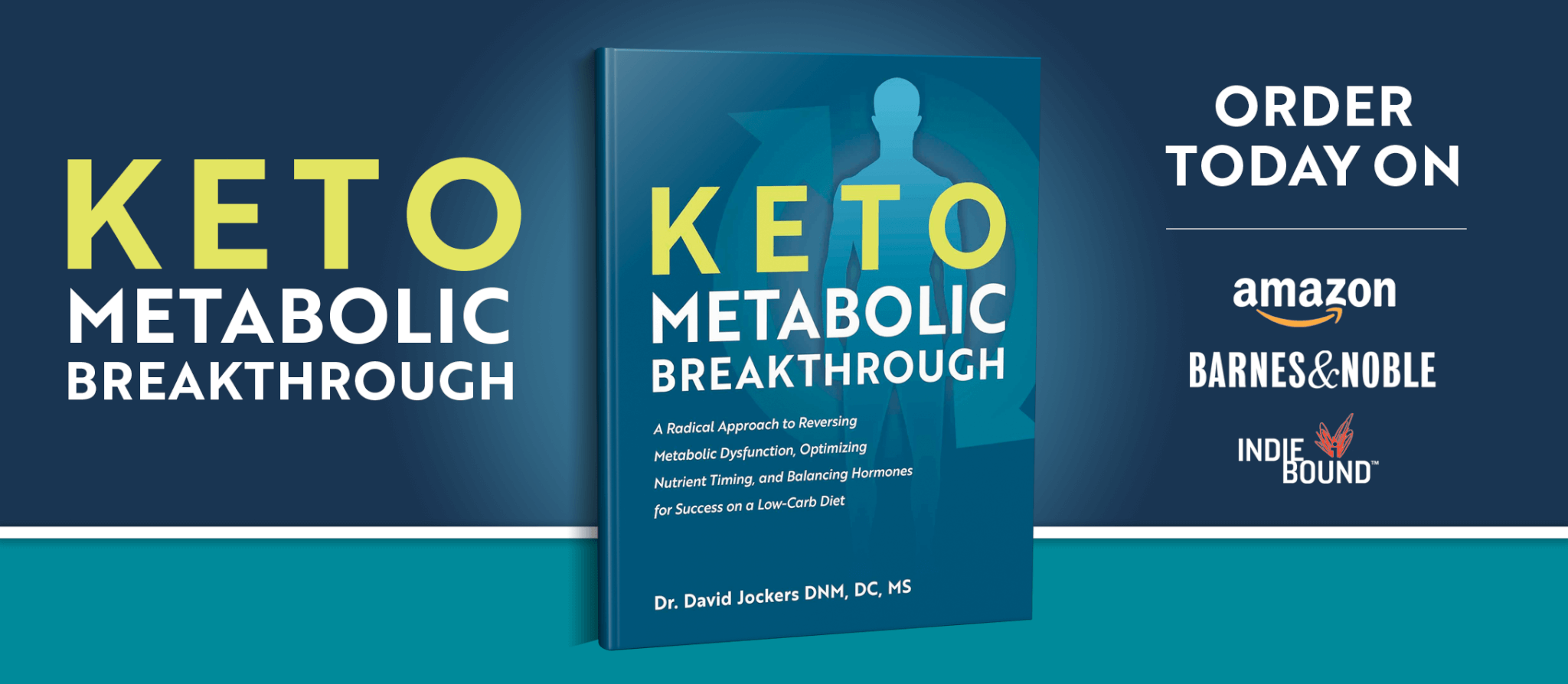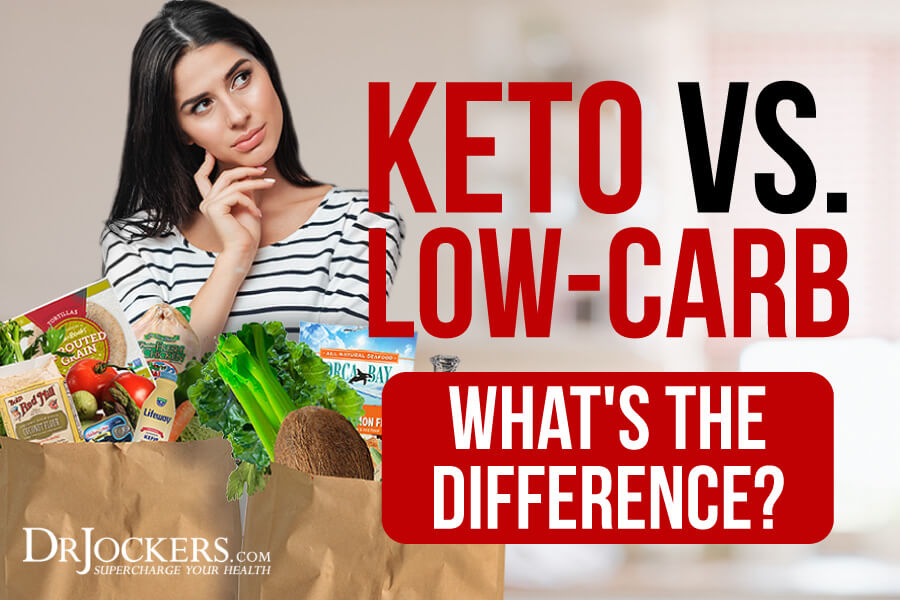 Keto Vs Low Carb: What’s the Difference?
Keto Vs Low Carb: What’s the Difference?
Ketogenic and low-carb diets aren’t as new as most people think. The ketogenic diet was developed in the early 1900’s to help control pediatric seizure cases who were not responding to medical treatment. Low-carb diets gained a lot of attention due to the Atkins nutrition plan which emerged in the 1970’s and remains a fairly popular program today. When it comes to keto vs low-carb, they are actually pretty different and can have drastically different effects on the human body.
In this article I am going to dive into the concept of keto vs low-carb and explain why these two might get confused. If you are not following a specific set of principles on a ketogenic diet, then you might be setting yourself up for failure and a long list of unpleasant side effects.
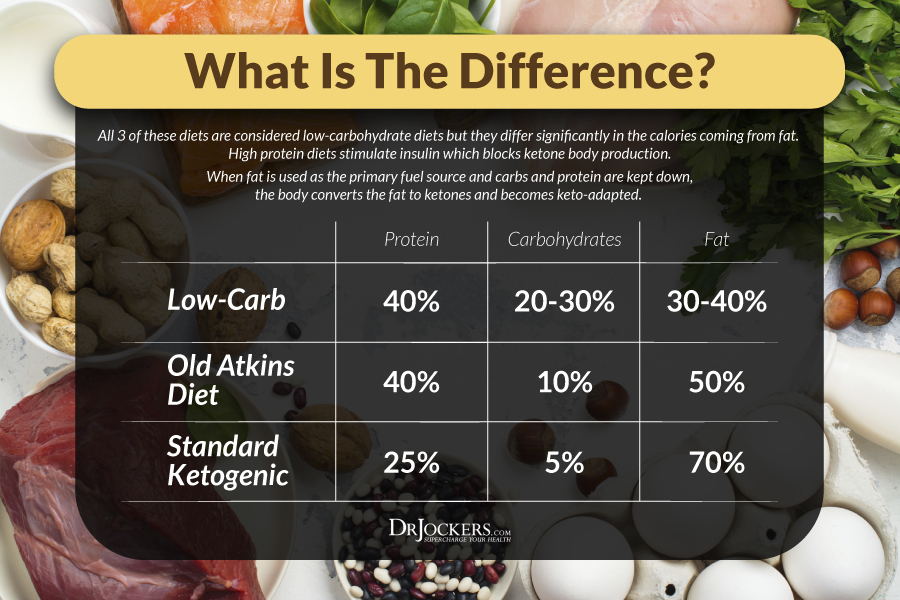
Low Carb
Low-carb is a term that is tossed around a lot in diet circles and online communities of all kinds. But what does low-carb actually mean? When you think about it, the term low-carb actually has very little meaning that is actionable by the person using it to describe their nutrition plan.
Low-carb simply means eating a subjectively low amount of carbs that may be different for every person. The problem with this is that other macronutrients such as fats and protein, are not considered in the equation. I am going to explain why this can be a problem.
If you have “tried a ketogenic diet” and suffered from low energy, weight gain, hormonal disruption, among other negative side effects, you are likely making a big mistake. When you compare keto vs low-carb, there are some key differences that make all the world of difference.
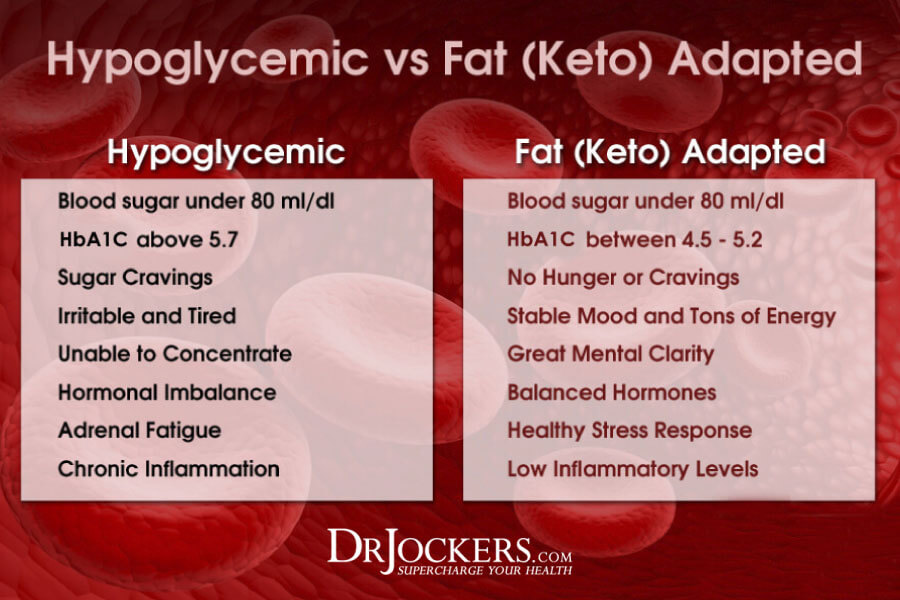
Ketogenic
While low-carb simply describes a vague behavior pattern that is subject to each person, ketosis is an objective and measurable fat-burning state of the human body. It is when the body’s metabolism switches gears to burn fat for energy instead of sugar. It is this metabolic state in which people experience the full benefits of a ketogenic lifestyle.
In order to prime the body to enter a state of ketosis (fat burning), a number of variables must be in line:
- Carb intake must not spike blood sugar or insulin levels
- The body must not convert excess dietary protein into glucose
- Enough dietary fats must be present to provide an energy source
These rules are solid, however, the conditions for these rules can be unique to each person. For example, one person may be able to eat higher amounts of carbs compared to someone else while remaining in ketosis. Someone else who is doing heavy bodybuilding will likely be able to handle a higher protein intake.
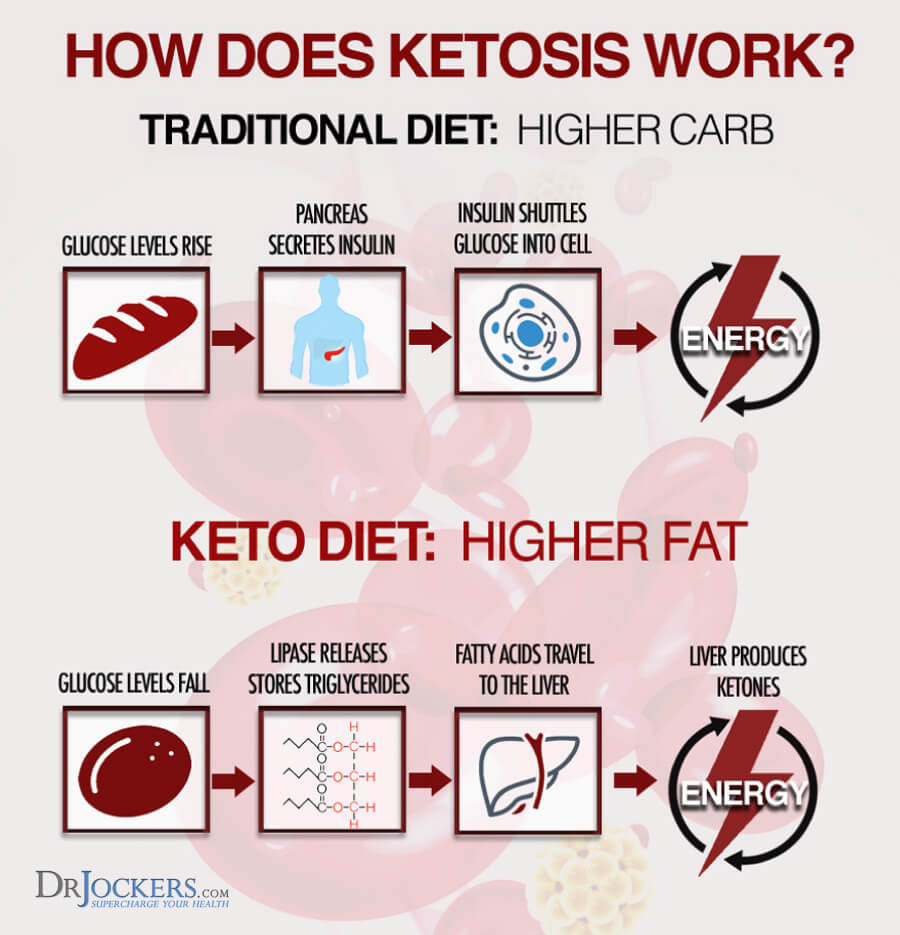
Keto Vs Low Carb: Which is Better?
When it comes down to it, ketosis is a measurable state. In the comparison of keto vs low-carb, one is vague and the other is measurable. The ability to measure ketosis makes it easier for someone to troubleshoot any issues they are facing and adapt their eating style to meet their individual needs.
If you have tried low-carb and it “didn’t work for you,” I urge you to consider the information in this article and try again using tools to measure your ketones.
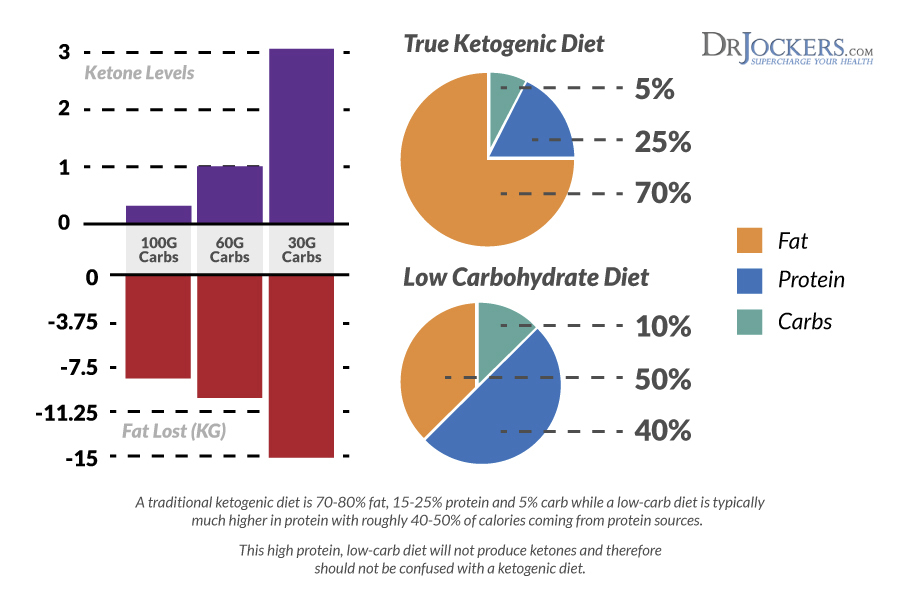
Low Carb Side Effects
Consuming a low-carb diet, but not being in ketosis may be causing a number of negative side effects. In fact, the side effects of going low-carb without actually getting into ketosis are counter intuitive and may discourage someone from continuing on their ketogenic journey.
These side effects typically occur because carbs are the body’s primary fuel source, when carb intake is restricted, the body goes into a state of starvation. This state is extremely stressful for the body and stimulates survival mechanisms which include slowing of the metabolism and a loss of interest in sex (not as important as food for survival). When adequate fats are available in the diet, however, the body will burn those for energy and these issues can be avoided.
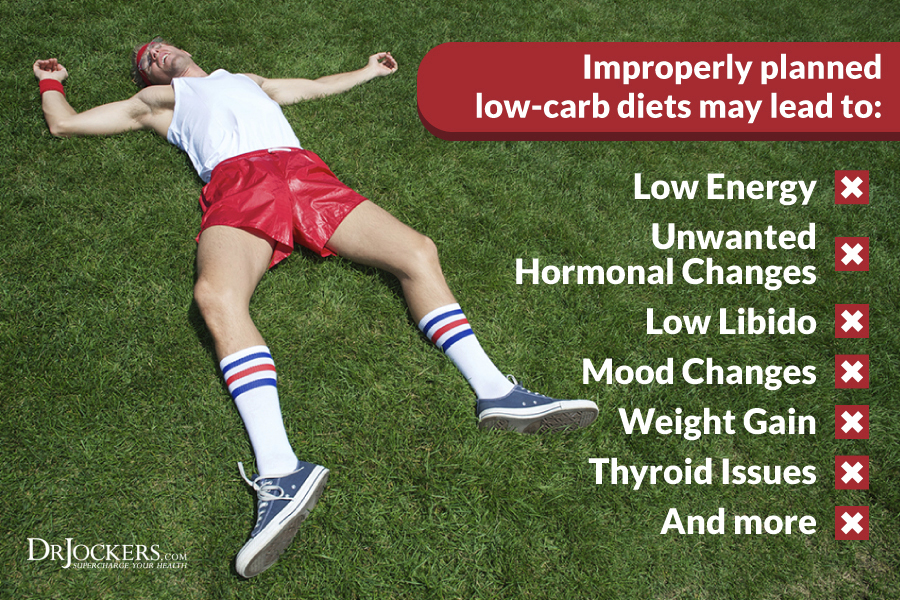
Biggest Ketogenic Mistakes
In addition to not consuming enough fats, there are a few other critical mistakes that people make when attempting a low-carb or ketogenic diet. If you are making any of these mistakes, it is likely preventing you from entering a state of ketosis and experiencing the many benefits it has to offer.
Too Many Carbs
If there is a certain amount of glucose available in the blood, the body will choose to burn that as energy before it burns fats. This obviously prevents you from entering ketosis. While the general recommendation for most people is to shoot for 40 grams of carbs or below on a daily basis, this is actually somewhat relative to the individual. I will often go by percentages, saying that between carbs, proteins, and fats, carbs should make up between 5-10% of total calories.
Very active individuals will often be able to tolerate higher amounts of carbs and remain in ketosis while more sedentary individuals will need to stick to as little carbs as possible.
Ultimately, the best way to find your ideal carb intake is to track your ketone levels and correlate that with how your energy levels are on a daily basis. I will discuss ketone measuring methods shortly.
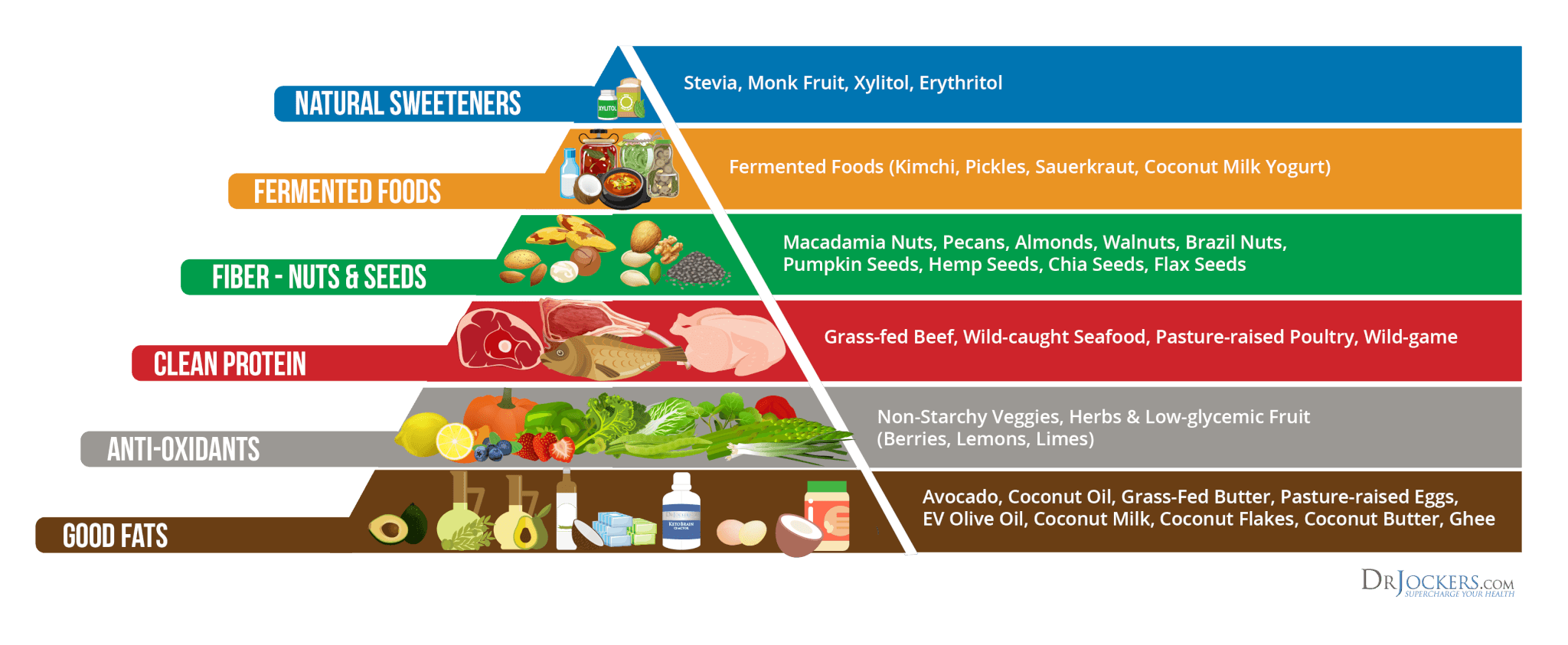
Too Little Calories
Another big issue I notice with people is that they simply aren’t eating enough calories. I typically recommend people consume 60-80% of their calories from healthy fats. Don’t be afraid of consuming a whole avocado or a healthy serving of grass-fed butter with a meal!
Not getting enough calories may be a reason why you feel tired and are putting on body fat, your body is trying to not starve!
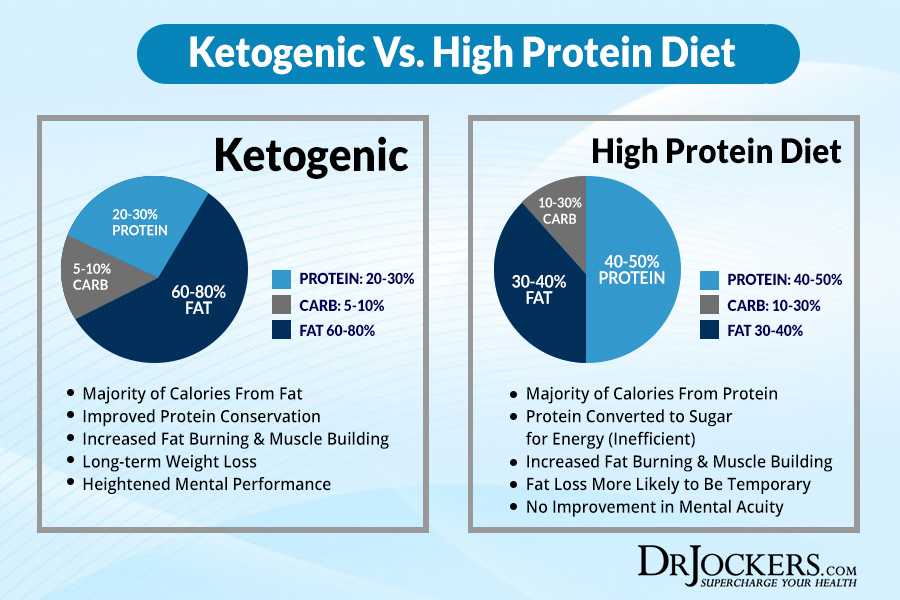
Too Much Protein
A final common issue on a ketogenic diet is that instead of increasing fat intake, people increase their protein intake. A ketogenic diet is NOT a high-protein diet. In fact, too much protein will prevent you from entering a state of ketosis. This is because excess amino acids in the blood stream can be converted into sugar via a process called gluconeogenesis.
As I mentioned already, the body will burn sugar for energy before it burns fat. Most people will do very well in the range of 0.8-1.2 grams of protein per KG of bodyweight they have. To convert your bodyweight into KG, simply take your weight in pounds and divide it by 2.2. This number can then be multiplied by 0.8 and 1.2 to determine your protein range.
So, for a 160 lb. individual the protein range would be about 58-87 grams per day.
For high-level athletes that incur higher amounts of muscle damage, a range of 1.5-2 grams of protein per KG of bodyweight can sometimes be followed while maintaining a ketogenic state. Again, the best way to determine the right balance for you is to measure your ketone levels.
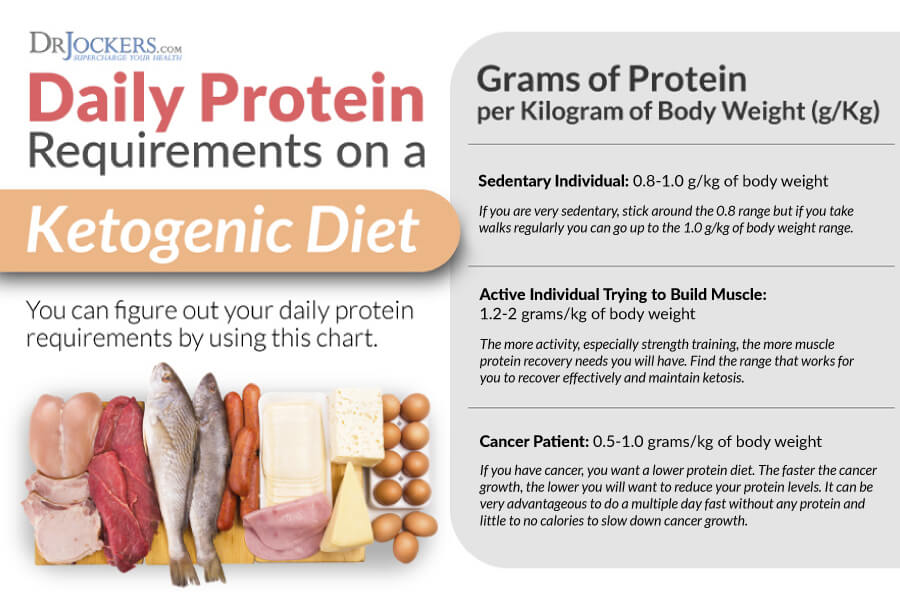
How Do You Know If You Are in Ketosis?
There are reliable principles to follow that can help you get into ketosis and those are partly outlined above. For more in-depth ketogenic diet success tips, check out this article: 10 Critical Ketogenic Diet Tips
The best way to know if you are in ketosis is to measure your ketone levels. There are a number of ways to do this:
- Blood Ketone Monitor (Gold Standard)
- Breath Ketone Monitor (such as this one)
- Urine Ketone Strips (less reliable)
- Blood Glucose Monitor
- Subjective Feeling (energy levels and mental clarity)
The video below outlines these methods along with the pros and cons of each.
Benefits of Ketosis
Now that the keto vs low-carb question has been answered, we must answer the question: Why would someone want to be in a ketogenic state to begin with?
Well, when your body is burning fat as a primary energy source there are actually a ton of benefits. From an experiential standpoint, most people notice an abundance of energy and a higher level of mental clarity. In fact, as someone who constantly requires these things, I have been following a ketogenic lifestyle for several years.
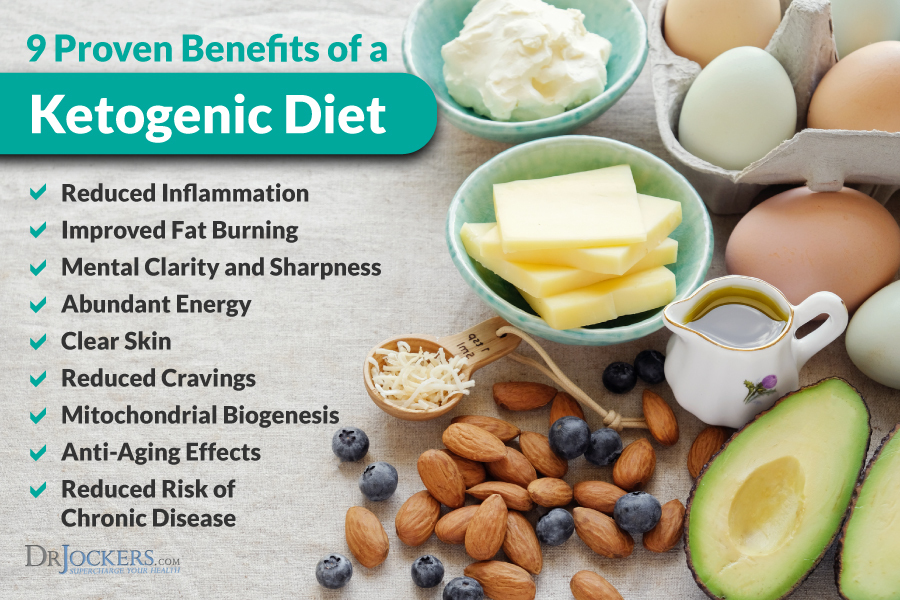
Reduced Inflammation
The number one benefit of being in a state of ketosis is reduced inflammation (1). Almost every cell in the human body has something in it called mitochondria. Mitochondria turn glucose or ketones (from fat) into a useable energy source so that our cells can carry out their functions.
Most people don’t know this but when mitochondria make energy, they also produce oxidative stress. Think of how an engine burns gas to make energy and waste products, it is somewhat similar. While small amounts of oxidative stress can be beneficial to the body, too much can contribute to chronic inflammation. Chronic inflammation is at the root of almost every chronic disease people face today.
Ketones produce far less oxidative stress when turned into energy when compared to glucose. The side benefit of this in our chronically inflamed society is less inflammation and an improve ability of the body to heal various diseases.
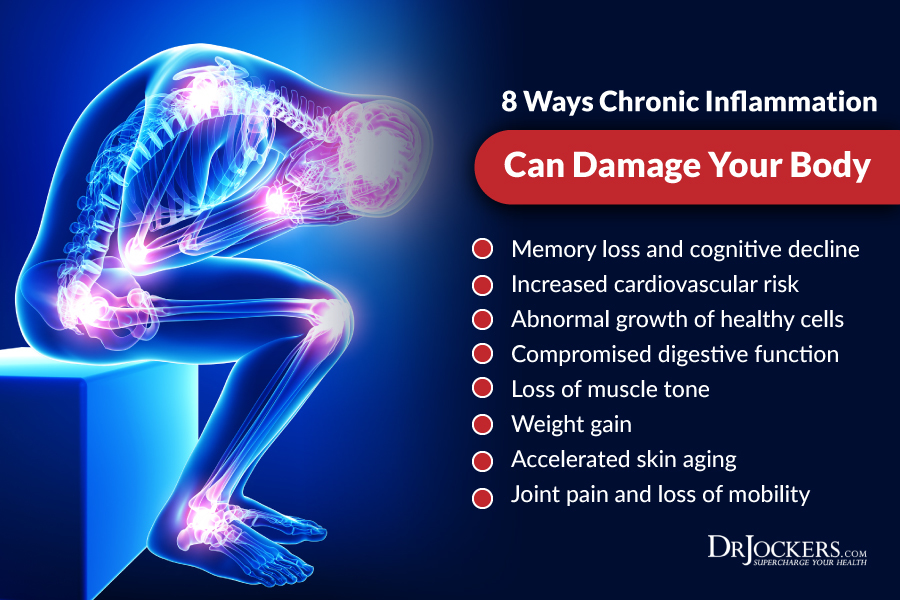
Improved Fat Burning
This benefit is pretty straightforward as ketosis is defined by a state of fat burning. This means that excess body fat has now become a viable source of energy for the body and will have a higher tendency to melt off. In fact, weight loss is a common reason people start a ketogenic diet.
While for years we were told to avoid dietary fat because it would increase our waistline, recent research has shown that a low-carb, high fat diet is superior for weight loss (2).
Being overweight predisposes you to many different diseases such as diabetes, cancer, and even knee or back pain later in life. Maintaining a healthy weight is critical for long-term wellness.
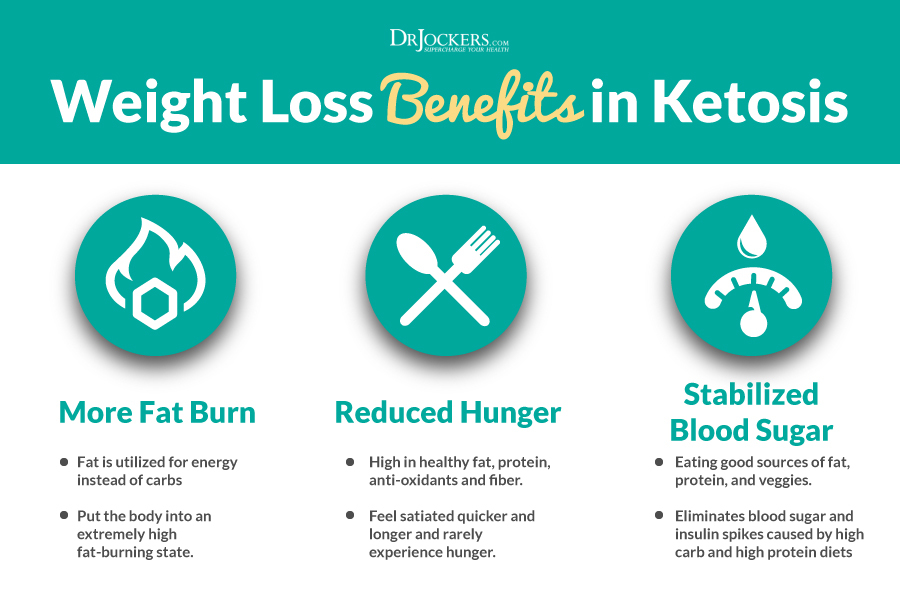
Mental Clarity and Sharpness
As alluded to already, the ketogenic diet is great for improving several aspects of mental performance. This is likely due to its anti-inflammatory effects and ability to stimulate the formation of new mitochondria within brain cells.
Inflammation in the brain has been isolated a major player in depression, anxiety, and overall poor cognitive function (3).
Being in ketosis also helps to assist the conversion of glutamate (a stimulatory brain chemical) into GABA (a relaxing brain chemical) to promote emotional stability and feelings of well-being (4).
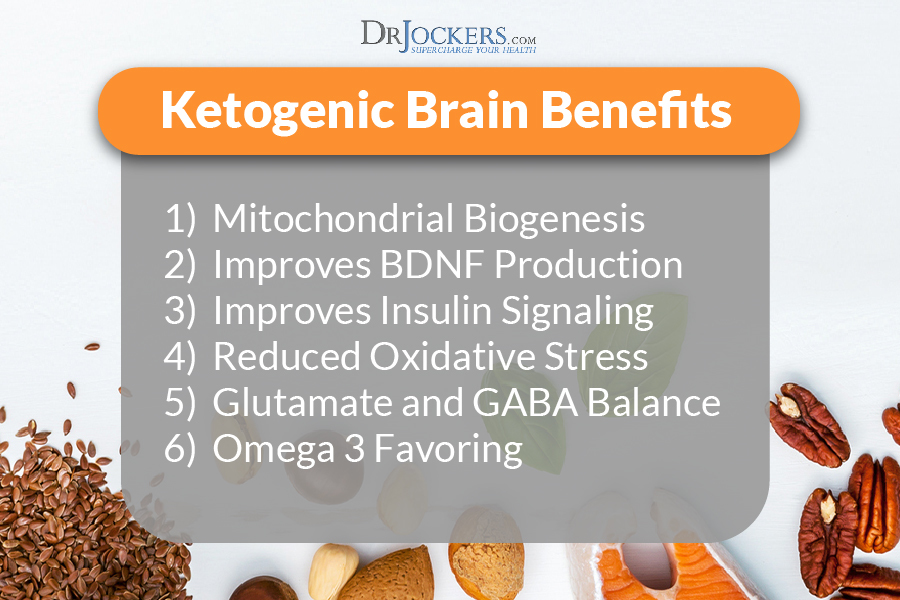
Abundant Energy
There are a few reasons why you might experience such abundant energy levels on a ketogenic diet:
- Lowered Inflammation
- Production of New Mitochondria
- Ketones Provide More Energy Per Molecule Than Glucose
- Balanced Blood Sugar
The combination of these benefits means that not only do you have more mitochondria to make energy, but those mitochondria have a better fuel source. Additionally, less inflammation and stable blood sugar means you have more energy to do other things like support the immune system or fire up your brain!
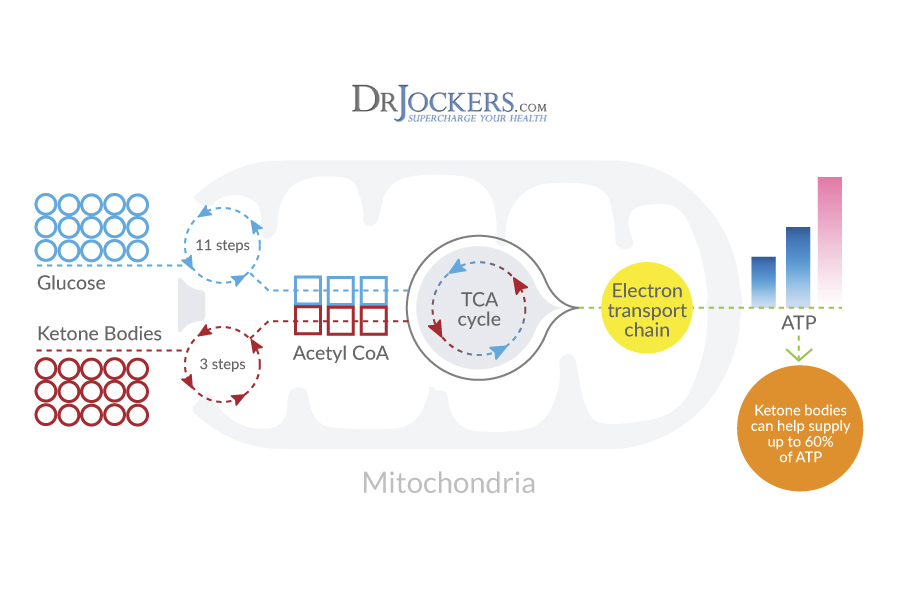
Clear Skin
More people are facing skin issues today than ever before. Skin conditions such as psoriasis, acne, and eczema are often linked to some source of underlying chronic inflammation. With chronic inflammation, the immune system can become uncoordinated and begin targeting different tissues of the body, such as the skin.
Things like chemical exposure, environmental allergies, chronic stress, hormone imbalance, and imbalances in gut bacteria can all contribute to these skin conditions. While the factors should also be addressed, following a ketogenic diet can also help to quickly lower inflammation and accelerate healing.
Oftentimes, skin issues are linked to digestive issues, which are a common underlying source of chronic inflammation. If this sounds like you, you may find this article helpful: How to Beat Acne, Eczema, and Psoriasis.
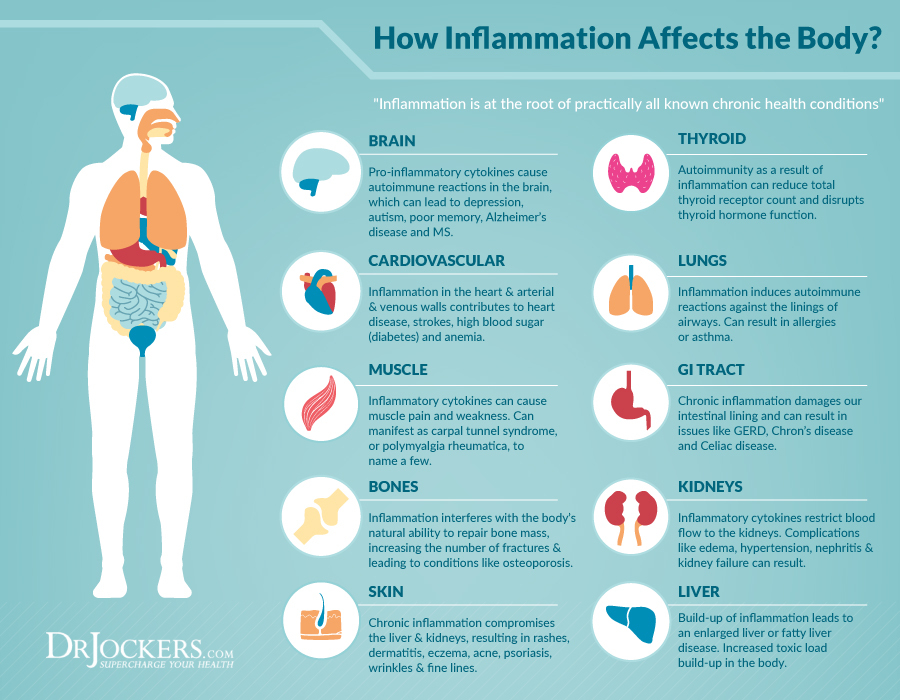
Reduced Cravings
When you consume sugar or carbohydrates, they must be processed into glucose and shuttled into the cells via a hormone called insulin. Oftentimes, people with poor blood sugar stability will experience pronounced spikes and crashes in their blood sugar which leads to many health problems including weight gain, low energy, and emotional instability.
Since ketones are able to readily cross into cells without insulin, and provide a more efficient source of energy, these rapid fluctuations do not occur. The result is a stable and sustained energy that doesn’t leave you feeling hungry and emotional a few hours later.
Many people report that their cravings become substantially more manageable when in a state of ketosis, which makes long-term success much more likely.
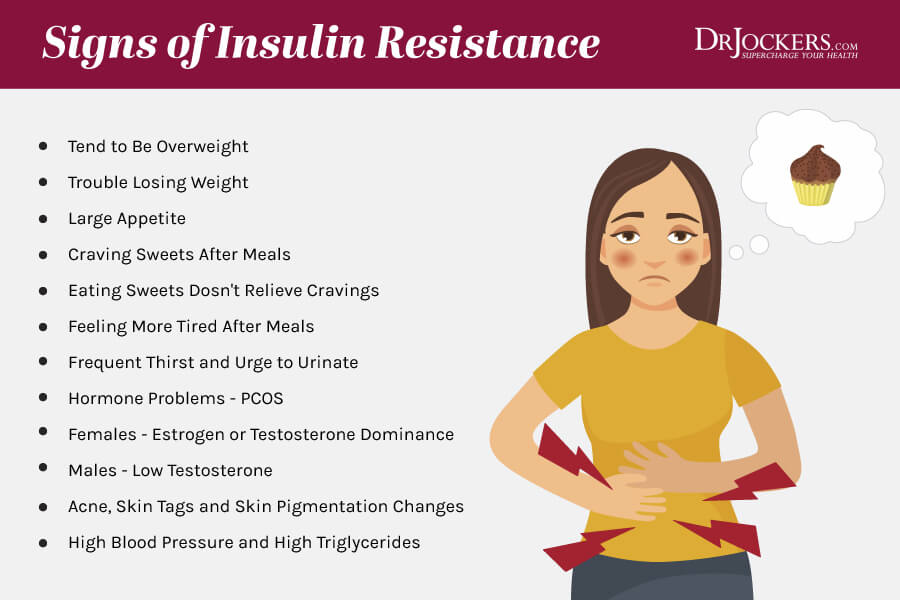
Mitochondrial Biogenesis
This was alluded to already but it deserves some extra attention. Mitochondria are extremely important to keep healthy. With poor functioning mitochondria you have low energy available to your cells and a substantially higher risk of just about any kind of disease you can think of.
The more efficient your mitochondria are, the more resilient you will be to disease and daily stressors.
Consequently, when you begin a ketogenic diet, it acts as a metabolic stressor on the body. In the process of relearning how to burn fat for energy, a mild metabolic stress is inflicted upon your mitochondria. This stress is just powerful enough to kill off old and dysfunctional mitochondria which stimulates the growth of new and more powerful mitochondria (5). The end result is more energy and a higher level of vitality.
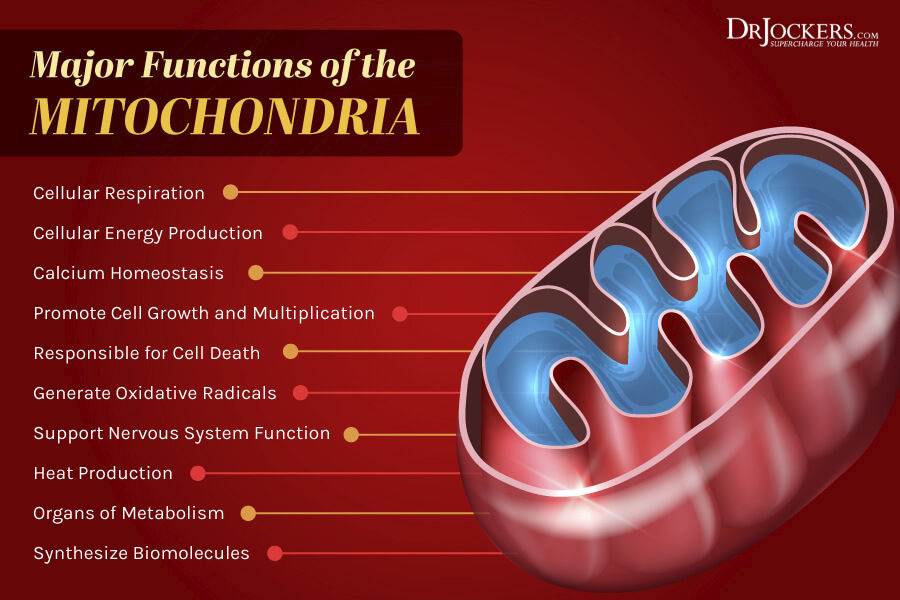
Anti-Aging
A prominent theory about aging involves how well the body is able to fight off oxidative stress and reduce its damaging effects. The ability of a ketogenic diet to lower oxidative stress and improve mitochondrial function has highlighted it as a powerful anti-ageing strategy.
In fact, the mitochondria have their own theory of aging and it is postulated that mitochondrial health is a strong indicator of life-span (6). Fasting and fasting-mimicking diets, such as a ketogenic diet, are powerful ways to take advantage of mitochondrial boosting benefits.
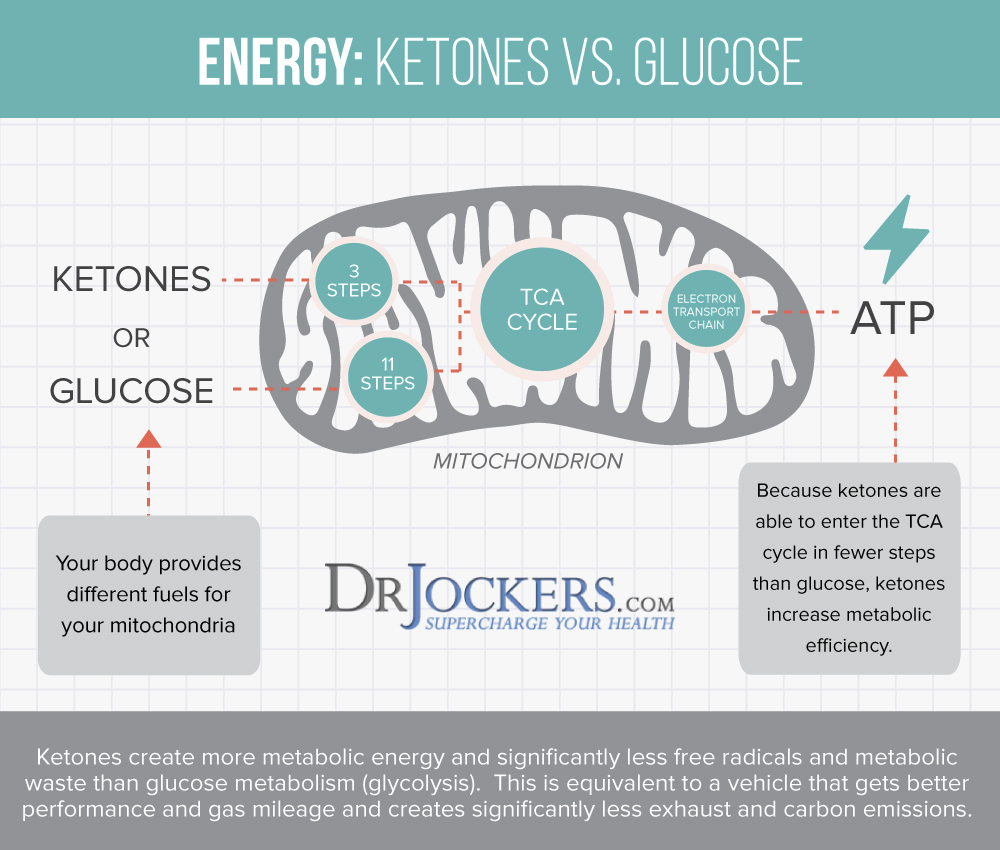
Summary
When comparing keto vs low-carb, there are some glaring differences that can drastically change the benefits that you feel. The ketogenic diet has the specific and measurable goal of attaining the fat-burning state of ketosis. This is not necessarily the case with a low-carb diet.
If you are having a negative experience with the ketogenic diet, it will be important to troubleshoot and find out what is holding you back. Common mistakes that people make are consuming too many carbs, not consuming enough calories (especially from fats), and eating too much protein.
For long-term success and help troubleshooting in your personal ketogenic journey, it can be helpful to either work with a qualified health coach or enroll in a comprehensive ketogenic diet program.
